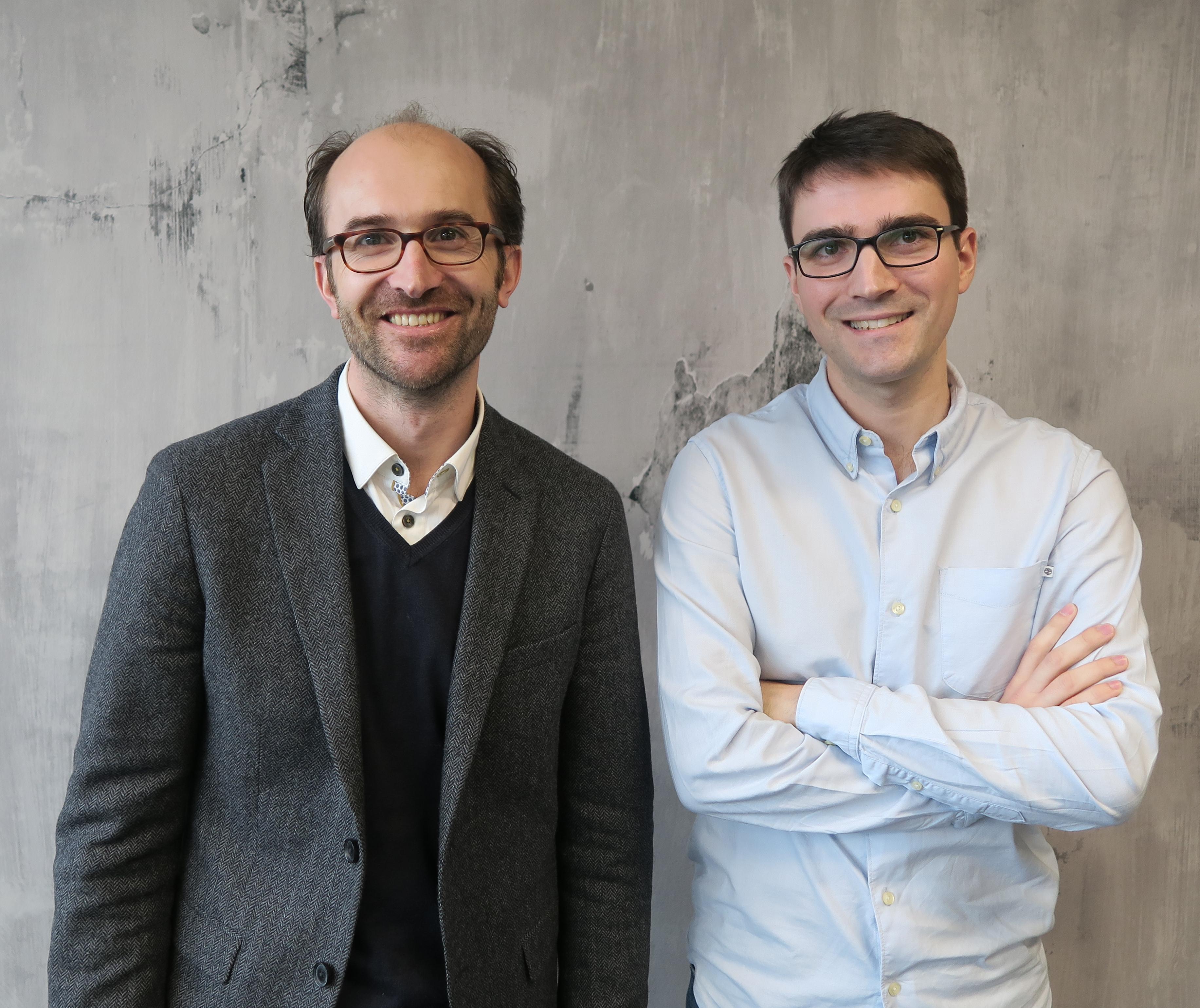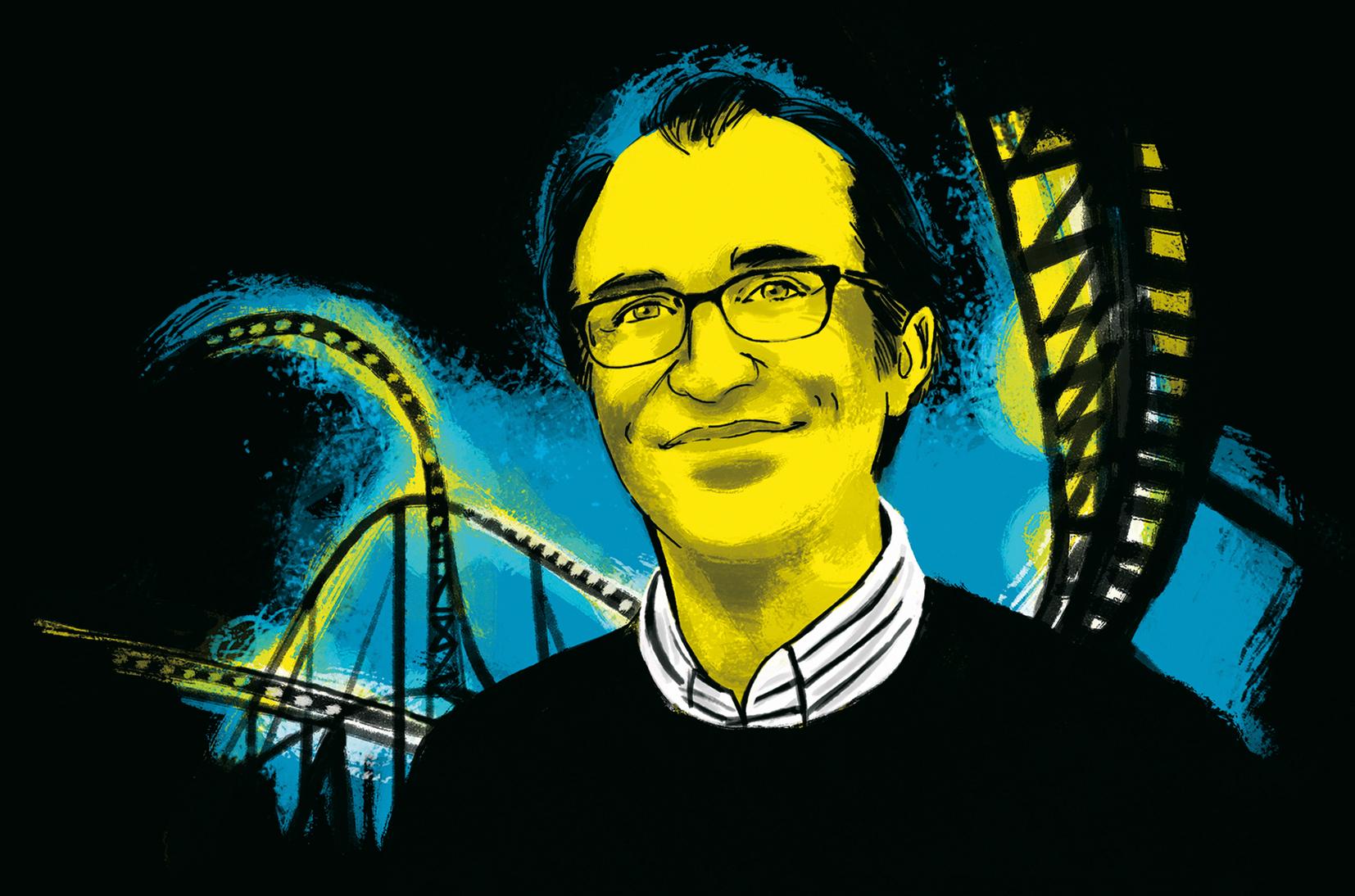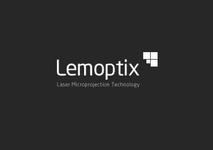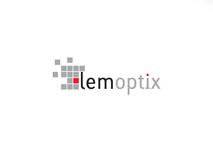In this series, we look at innovators' trajectories to illustrate what the entrepreneurial journey can look like. For Nicolas Abelé, who founded Lemoptix in 2008, Intel's acquisition in 2015 was one of many successes. Learn more about where his drive for innovation led him.
Nicolas Abelé founded Lemoptix in 2008 when he was a Ph.D. student at the Ecole Polytechnique Fédérale de Lausanne (EPFL). The startup designed and licensed laser scanning and microprojection technologies based on so-called micro-electromechanical systems (MEMS), which were made to be integrated by original equipment and design manufacturers in devices like printers, industrial sensors, cars, or smartphones.
SHOULD I STAY OR SHOULD I EXIT?
Winning Venture Kick and ranking among the TOP 100 Swiss Startups several years in a row, the company and its technology showed much promise. In 2015, the EPFL spinoff was acquired by Intel. At the time, the corporate giant was trying to catch up with the growing trend of the smartphone technology and wearables market. (Intel had also acquired Composyt Light Labs, another EPFL spinoff and Venture Kick alum, with which Lemoptix also partnered up.)
Intel's offer meant that Abelé, along with his co-founders, Faouzi Khechana, Lucio Kilcher, and Marco Boella, had to decide whether the buyout was an opportunity to move on to new ventures—as a founder or investor—or whether to stay with the company, people, and technology that they had built. Abelé, as well as Kilcher and Boella, chose the latter.
In the following years, as Intel built its New Wearables Group, the Lemoptix team was developing smart glasses—specs with AR functions—that were supposed to rival if not outshine competing products like Google’s Glass or Fitbit’s Flex, being lighter and more subtle, or in other words, more wearable. While Lemoptix’ Boella became head of the New Wearables Group’s Lausanne division, Abelé headed the research and development of the AR tech.
 Lemoptix founder Nicolas Abelé with his partners, Marco Boella and Faouzi Khechana
Lemoptix founder Nicolas Abelé with his partners, Marco Boella and Faouzi Khechana
Yet, neither the development of the glasses—branded as Vaunt, but codenamed Superlite in the project development phase—nor the management of the division progressed as smoothly as hoped. On the one hand, AR wearables were not impacting the market the way Intel and its competitors had hoped, as the interest and potential of commercial implementations were underwhelming. Google notably experienced several staggered and failed launches in that area.
On the other hand, Abelé found that collaboration with the division's management—headquartered in Santa Clara, California—wasn't easy, lamenting cultural differences in internal communication and processes; he and his team, Abelé found, were not involved or consulted in strategic decisions.
In 2018, the news broke that Intel was looking to sell its majority stake. It then announced that it was shelving the Superlite project and that there would be cuts in the New Wearables division. This was not a failure per se, but rather a pattern in Intel’s strategy that unfolds in stages between R&D and taking a product to market, some argued: while the tech giant likes to invest in the development of new technologies, they often don’t push them to market themselves, looking for new investors to take over and/or pulling the plug.
When the US startup Magic Leap came onto the scene as a potential buyer—a unicorn taking the AR tech sector by storm—Abelé and Boella stayed with their team and integrated into the new owners’ structures to resume their work.
NEW HORIZONS
The experience seems to have pushed Abelé to pursue opportunities not only as an investor and advisor but also as a developer and leader.
In 2020, he moved on to a new project as co-founder and co-CEO of Miraex, another EPFL spinoff. The startup, which was a Venture Kick winner in 2020 and was voted a TOP 100 Swiss Startup in 2022, develops photonic sensors as well as quantum computing and sensing technologies. A subcontractor for Aperio Global and IBM, the company competed in the NASA Science Mission Directorate Entrepreneurs Challenge 2020 and was selected to contribute to the US agency's R&D efforts in quantum sensing.
In 2021, Abelé became CEO of TYXIT (recently rebranded as SONIX), which won Venture Kick in 2018 by convincing the expert jury with its ultra-low latency conferencing application. The technology connects to Abelé’s passion for music: it enables musicians to practice and play together across vast distances without any lags. The tech was showcased last July when artists at the Montreux Jazz Festival and Jazz à Vienne Festival jammed together remotely in front of a live audience.

Since 2021, Abelé is CEO of the audio-tech startup TYXIT (now SONIX), which developed an ultra-low-latency conferencing app
The company's potential to tap into the music, gaming, and streaming markets with its SaaS was recognized very quickly. It secured CHF 1.1. million in pre-seed funding in 2021 and was voted a TOP 100 Swiss Startup in 2022. When the startup was chosen to be part of the Venture Leaders Technology program this year, Abelé joined a group of ten entrepreneurs on a roadshow to Silicon Valley last April, which was an opportunity to connect with experts and investors while boosting the company’s presence on the US stage.
While there may always have been a need for this kind of empowering technology in the music industry, the COVID pandemic undoubtedly brought to the fore the potency of this kind of instant connectivity. The technology also comes at a time when the development of AR and VR technologies gaining steam; even if adoption has been slow, it is likely that the sharing of virtual spaces will remain a significant part of our social and professional lives—as will the sharing of soundscapes. As Abelé pointed out: "For a metaverse to be successful, audio immersion and latency must match the human experience, which is a key pillar for TYXIT."
In October, the startup announced that it closed a seed financing round with CHF 2 million. With fresh winds in its sails, the company recently announced a rebranding campaign, putting the name of its SONIX app front and center: "SONIX was born from its predecessor TYXIT by implementing the 'sound' key in its name. TYXIT was known in the expert community as a technology company providing the absolute best-in-class audio solution in terms of latency and audio quality. SONIX will be known for providing the best overall user experience, starting with gaming & Esport markets."
It will be interesting to see how the company progresses as the American tech market has been shaken by various localized and global circumstances, facing stagnation, if not regression. But Abelé, who started his entrepreneurial journey at the onset of a historic recession, is certainly no stranger to the whims of economic fluctuations and tech trends. Looking at his fourteen-year track record certainly inspires confidence.
Lemoptix SA : Development of next generation optical MEMS (micro-electro-mechanical systems) for mobile applications.
Lemoptix develops, sells and licenses next-generation micro-opto-electromechanical systems (MOEMS) - based laser scanning and microprojection technologies and products for professional and industrial ... Read more
Miraex SA: Photonic sensing and quantum solutions
The emergence of AI was made possible by interconnecting 100s of thousands of GPUs. We are planning the next disruptive step by connecting thousands of Quantum Processing Units via optical networking. Read more
SONIX SA: High-quality audio at the speed of light.
SONIX is an ultra-low latency communication app and the first marketplace for gaming brands and their fans. Our core underlying deep tech reduces audio latency by up to 10x, enabling remote individua... Read more




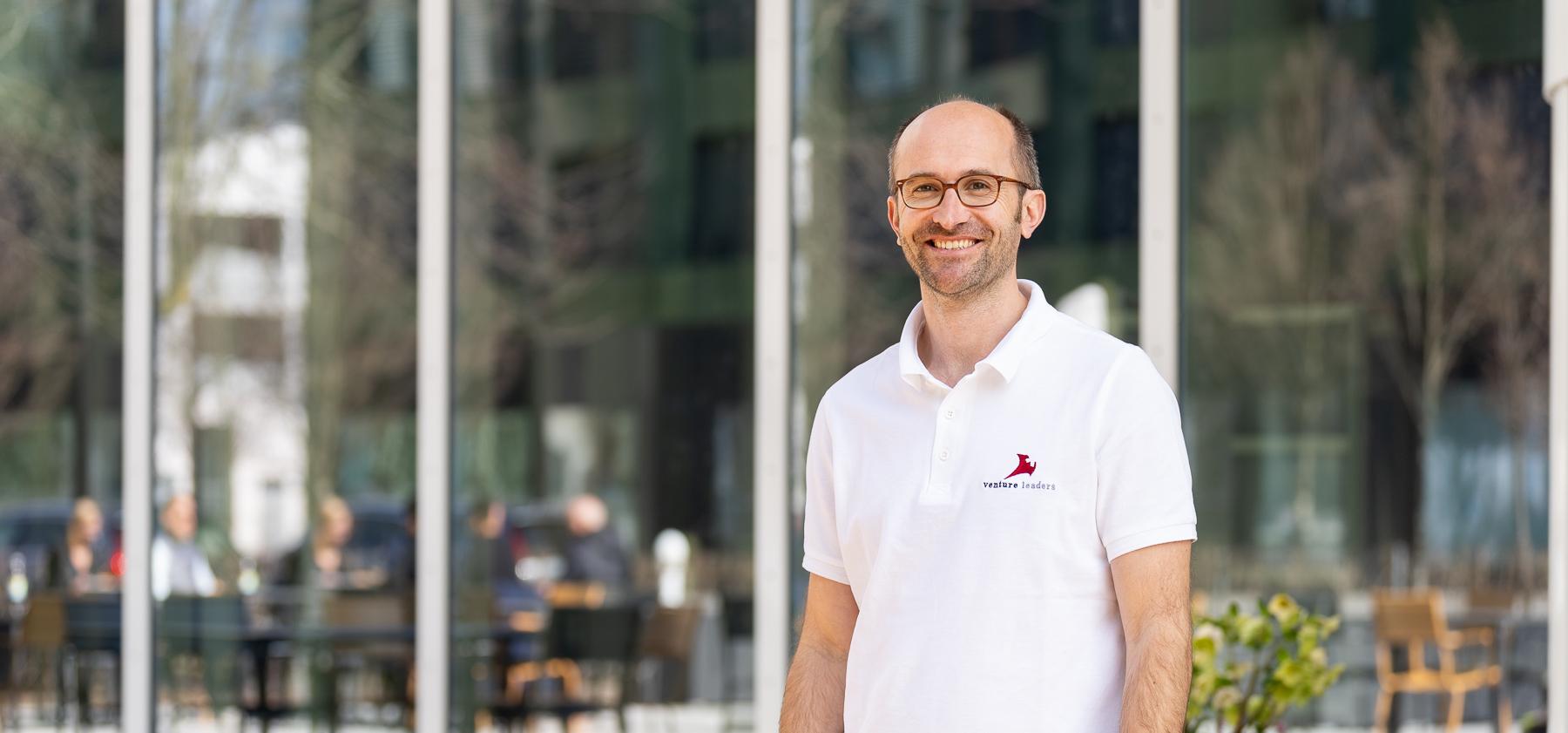
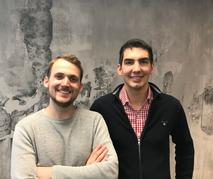
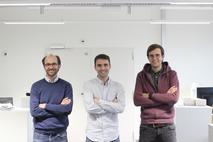
9.jpg)
